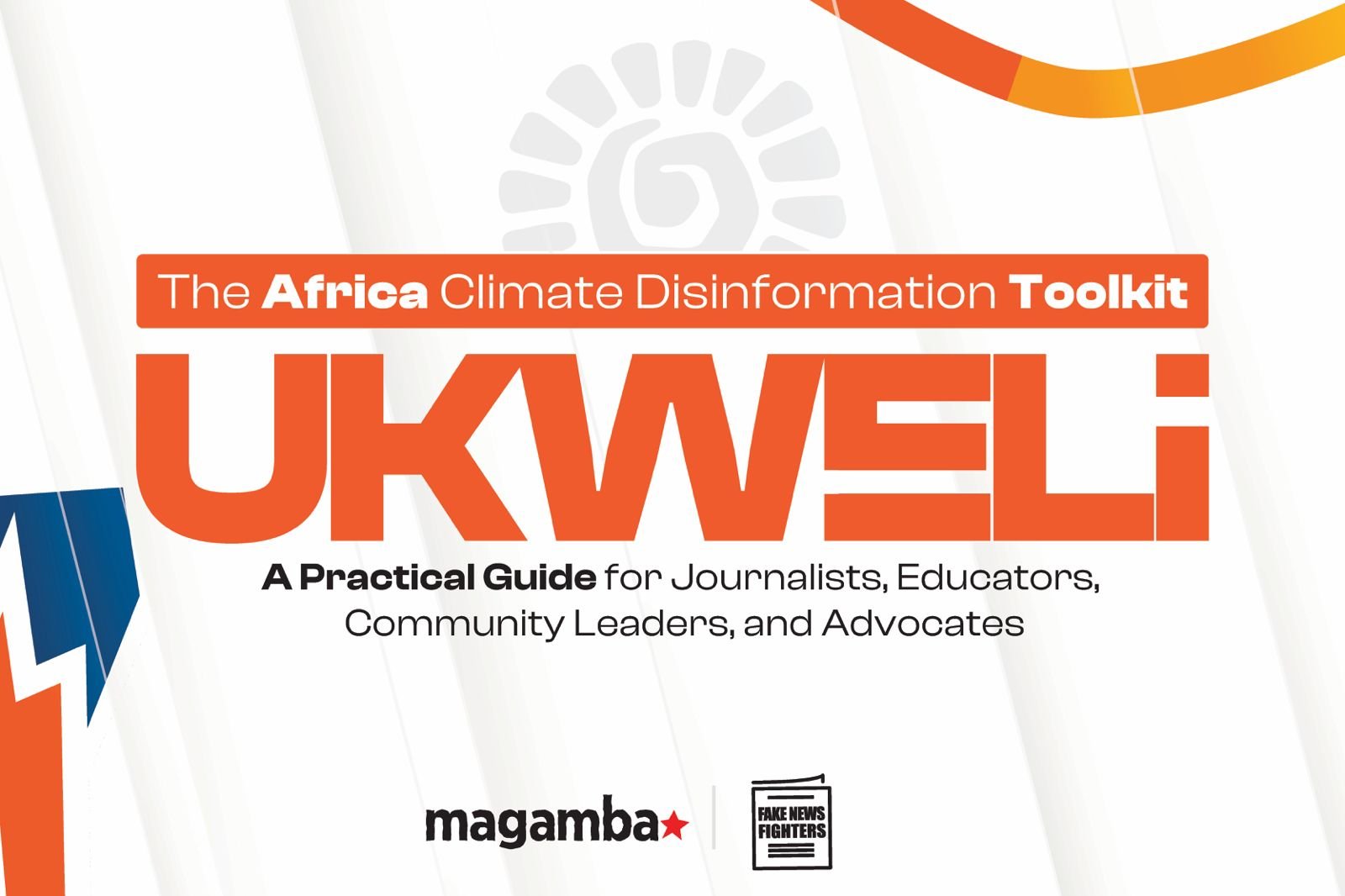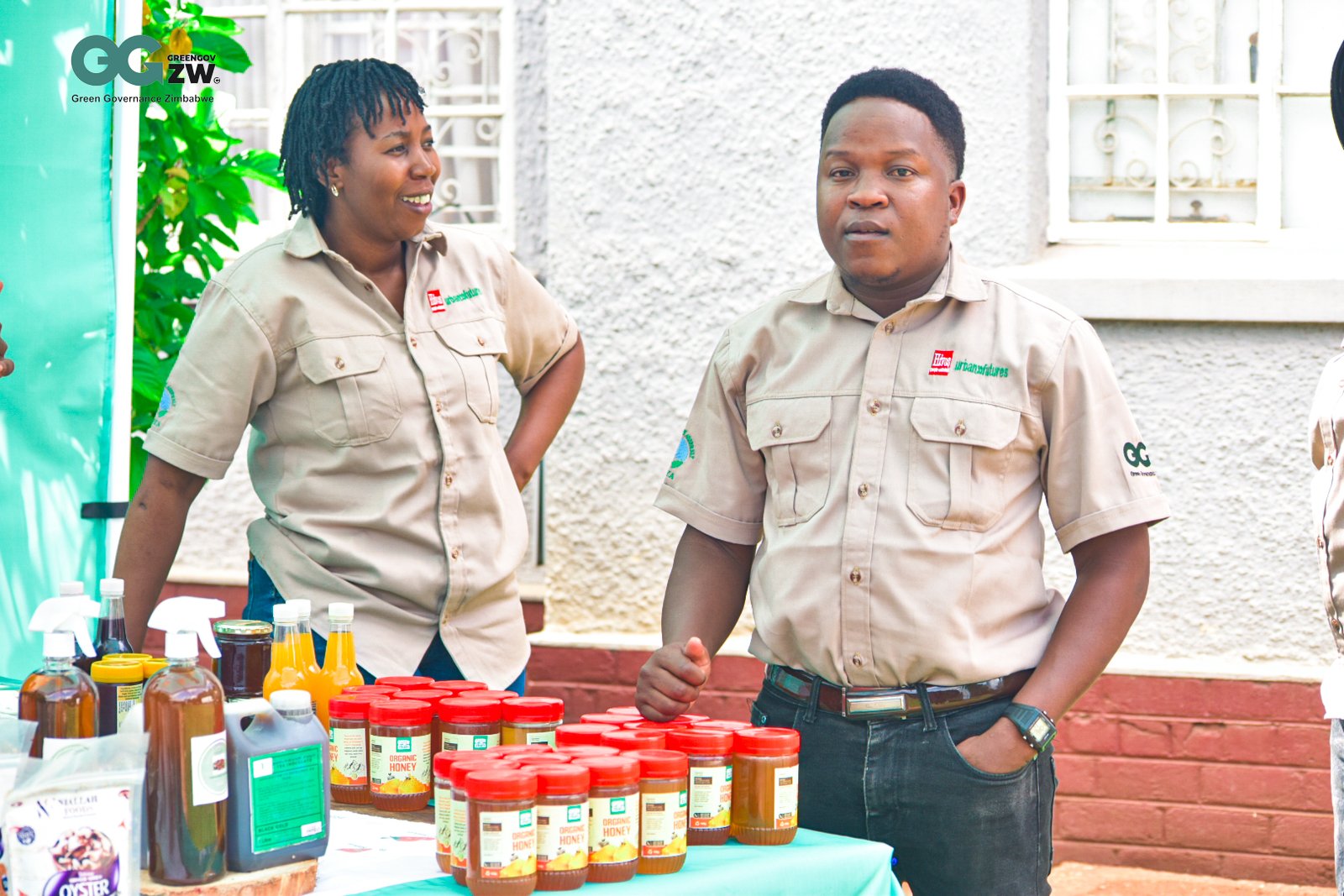With climate change causing more droughts and floods, the Government and its partners have launched phase two of the Zimbabwe Resilience Building Fund (ZRBF).
The $17.2 million program, launched recently, is being supported and implemented by the United Nations Development Programme (UNDP), the Food and Agriculture Organization (FAO), the UN Resident Coordinator’s Office of Zimbabwe, the European Union, and the Government of Ireland aims to support the livelihoods of 450,000 vulnerable Zimbabweans.
Phase 1 of the ZRBF was successful, providing support to over 1 million people, 62% of whom were women and 25% were youth, helping them cope with the effects of climate change. With the launch of phase 2, the ZRBF aims to strengthen community resilience by promoting climate-smart agriculture, improving disaster preparedness, and boosting economic growth in seven rural districts. This initiative focuses on empowering communities in districts like Kariba, Hurungwe, Binga, Mbire, Mwenezi, Beitbridge, and Chiredzi to better manage resources, improve food security, and address climate-related issues.
Professor Obert Jiri, the permanent secretary for Lands, Agriculture, Fisheries, Water, and Rural Development, stated that the program is crucial for assisting vulnerable populations.
“ZRBF 2’s goal is to build resilience in vulnerable rural communities, ensure sustainable natural resource management for climate action, improve food and nutrition security, and lower the impact of natural disasters in ‘at-risk’ communities in Zimbabwe.
“It will be implemented in seven districts of the Mid Zambezi area (Binga, Kariba, Hurungwe, and Mbire) and the South East Lowveld (Chiredzi, Mwenezi, and Beitbridge) for the next four years, until December 2028. The Government of Zimbabwe continues to prioritize resilience building as key to achieving the national development goals outlined in NDS1.”
“The core elements of the ZRBF 2 include stakeholder engagement and community involvement as essentials to fostering ownership and ensuring the long-term sustainability of resilience-building efforts. Strengthening local institutions also plays a crucial role in ensuring the sustainability and impact of interventions,” he said.
Dr. Patrice Talla, FAO Subregional Coordinator for Southern Africa and Representative to Zimbabwe, says the project aims to boost resilience, sustainable resource management, food security, and disaster preparedness in Zimbabwe’s vulnerable rural communities.
“The goal of this project is to build resilience in vulnerable rural communities, ensure sustainable natural resources management for climate action, improve food and nutrition security, and lower the impact of natural disasters in at-risk communities in Zimbabwe,” he said.
Echoing the same sentiments, the Ambassador of Ireland, Austin Gormley, underscored the program’s direct impact on vulnerable populations.
“I am excited to be part of this joint program and urge all partners and stakeholders to fully commit to its success,” he said. “The Zimbabwe Resilience Building Fund will directly support ordinary men and women in communities at risk of climate hazards.”
UN Resident Coordinator Edward Kallon stated that the ZRBF Phase 2 reflects the United Nations’ commitment to building resilience in Zimbabwe.
“ZRBF 2 represents the ongoing mission to strengthen the resilience of Zimbabwe’s rural communities against both natural and economic challenges. This initiative focuses on empowering communities in districts such as Kariba, Hurungwe, Binga, Mbire, Mwenezi, Beitbridge, and Chiredzi, to better manage resources, enhance food security, and tackle climate-related issues. Resilience is key for sustainable development and requires comprehensive strategies,” he said.
Dr. Ayodele Odusola, UNDP Zimbabwe Resident Representative, said resilience building requires a multistakeholder approach.
“ZRBF commends the continued participation of the Ministry and various stakeholders in the program. The multistakeholder participation will enable the consolidation of evidence and views on resilience building and how to maximize benefits for the development of Zimbabwe.
“The UNDP is pleased to continue the partnership with the European Union and the Government of Ireland in improving resilience under the Zimbabwe Resilience Building Fund Phase 2 (ZRBF 2).
“I would like to thank Government ministries, particularly the Ministry of Lands, Agriculture, Fisheries, and Rural Development, as well as the Food and Nutrition Council, Department of Civil Protection, Ministry of Environment, Zimparks and Wildlife, and Ministry of Finance, for the successful collaboration with UNDP in the implementation of various projects and programs and the launch of ZRBF Phase 2,” Dr. Odusola said.
He added that UNDP Zimbabwe is proud to be a forerunner in resilience building in the country and continues to spearhead efforts in this area.
“Resilience-building remains a long-term goal for the government of Zimbabwe and development partners, and the ambitions and actions set in motion through the Zimbabwe Resilience Building Fund will continue to shape and influence the future of resilience-building efforts in the country.”
The first phase was launched in 2015, when the Government of Zimbabwe, the United Nations Development Programme (UNDP), the Foreign, Commonwealth and Development Office (FCDO), the European Union (EU), and the Embassy of Sweden partnered to launch the Zimbabwe Resilience Building Fund (ZRBF). ZRBF has since become the largest resilience-building program in Zimbabwe, reaching 18 rural districts and making significant strides in enhancing resilience in a multi-shock environment.





